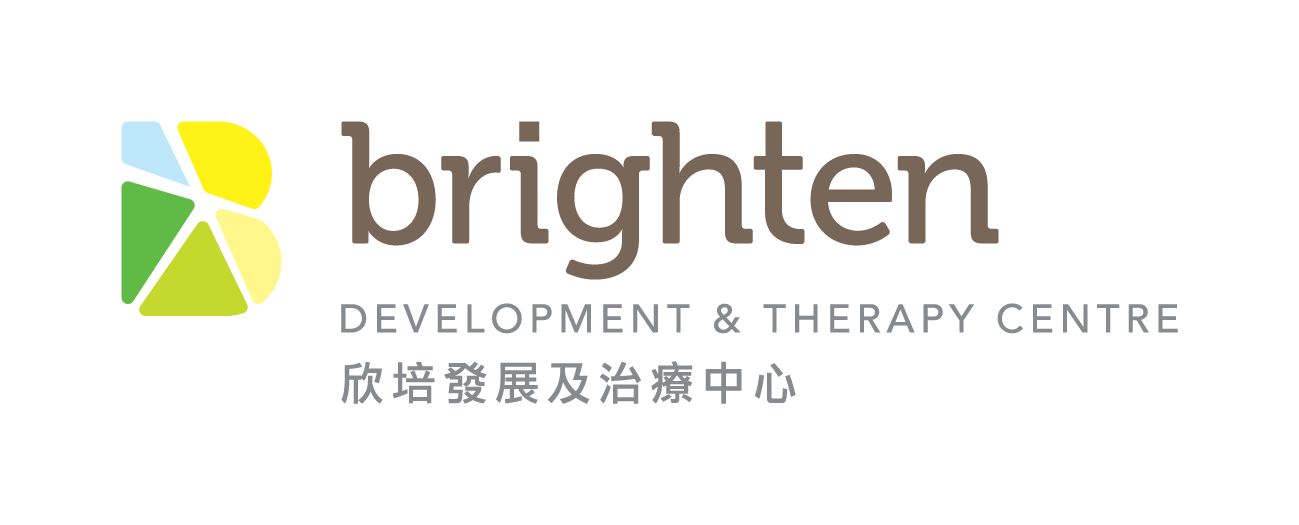ASSESSMENT
Developmental Assessment
What is a Developmental Assessment?
- Evaluation of a child’s development in various areas, such as fine and gross motor, sensory, self-help, speech, language, play and communication
- Conducted by a Speech Therapist AND/OR an Occupational Therapist
- Along with formal and informal test measures, comprehensive background and developmental history are also obtained from parents or caregivers
- Natural observations in additional settings may also be used to profile a child’s functional abilities and challenges when appropriate
- A written report detailing the child’s developmental skills and needs will be provided upon the completion of the assessment
- Diagnosis and recommendations will also be provided to support the child’s ongoing development
Who is it for?
- Children who are suspected of having developmental delays and/or other disorders
Why is it important?
- Skills that children gain at various stages are called developmental milestones. Milestones occur at various times and across various developmental areas
- A child may have a developmental delay if skills are not reached within the same time range as other children of the same age
- A comprehensive Developmental Assessment provide information on a child’s overall development, strengths, and weaknesses, helping with early diagnosis and intervention
Our speech therapists can evaluate:
- Speech: articulation, phonology, motor speech disorders
- Language: comprehension and expression in oral and non-verbal contexts
- Fluency
- Voice & resonance
- Cognitive-communicative skills: social communication skills, reasoning, problem solving, executive functions
- Pre-literacy & literacy skills: phonological awareness, decoding, reading comprehension, writing
Our occupational therapists can evaluate:
- Sensory processing & modulation: visual, auditory, tactile
- Proprioceptive & vestibular status
- Movement & mobility: balance, coordination
- Gross motor skills: walking, running, climbing, throwing
- Fine motor skills: cutting, printing, tracing
- Visual-perceptual motor skills: tracking, discrimination
- Self help skills: dressing, grooming, feeding
Psycho-Educational Assessment
What is a Psycho-Educational Assessment?
- Evaluation of a child’s strengths and weaknesses in the areas of cognition/IQ, academic, and socio-emotional development
- Conducted by a registered Psychologist
- Use of standardized and comprehensive testing to explore effective ways to meet a child’s learning and social needs
- A comprehensive written report will be provided upon the completion of the assessment
- Diagnosis and recommendations will also be provided for better learning support at home and at school
Who is it for?
- Children age 4 or up who are observed to have difficulties in cognitive functioning, learning, attention, and/or behaviour
- Children ages 4 or up who are suspected of having features of Autism, Attention Deficit Hyperactivity Disorder (ADHD), Giftedness, Specific Learning Disabilities (e.g. Dyslexia, Dysgraphia, Dyscalculia), Developmental Delay, Intellectual Disabilities
Why is it important?
- Psycho-Ed Assessment allows parents and teachers to gain a clear picture of a child’s abilities and needs at home and in the classroom, and provides recommendations that are relevant to the child’s educational planning
Our psychologist can evaluate:
- Intelligence/IQ
- Cognitive abilities: reasoning, memory, processing speed
- Academic skills: reading, mathematics, writing, listening, speaking
- Behavioural functioning
- Social and emotional functioning
